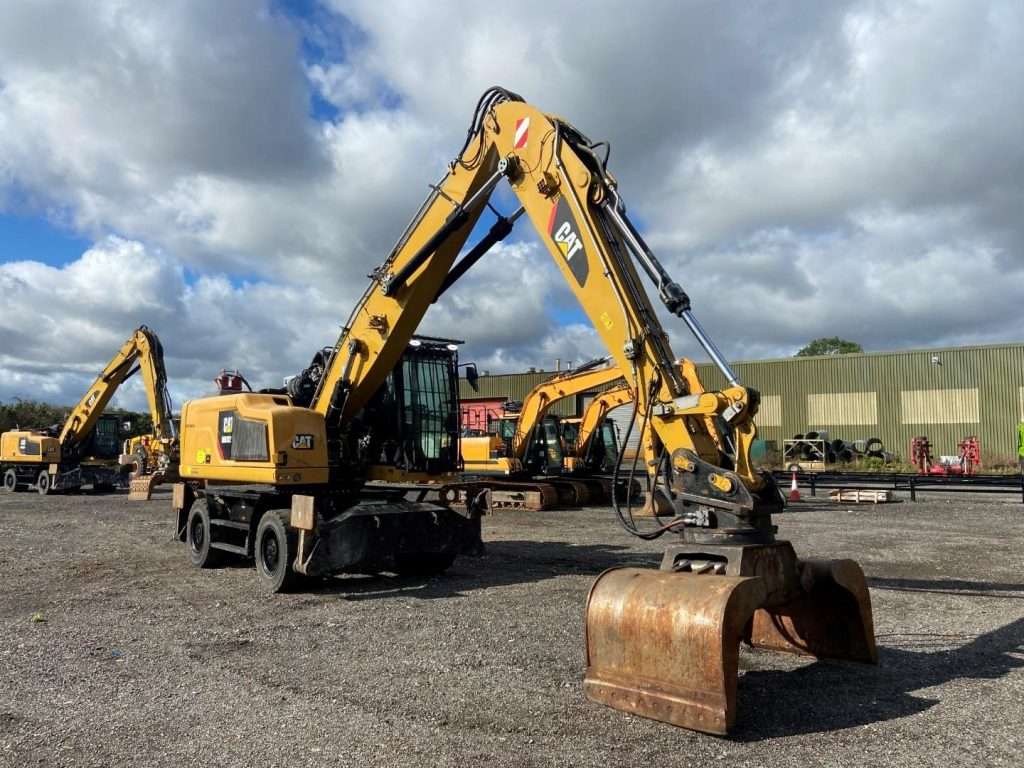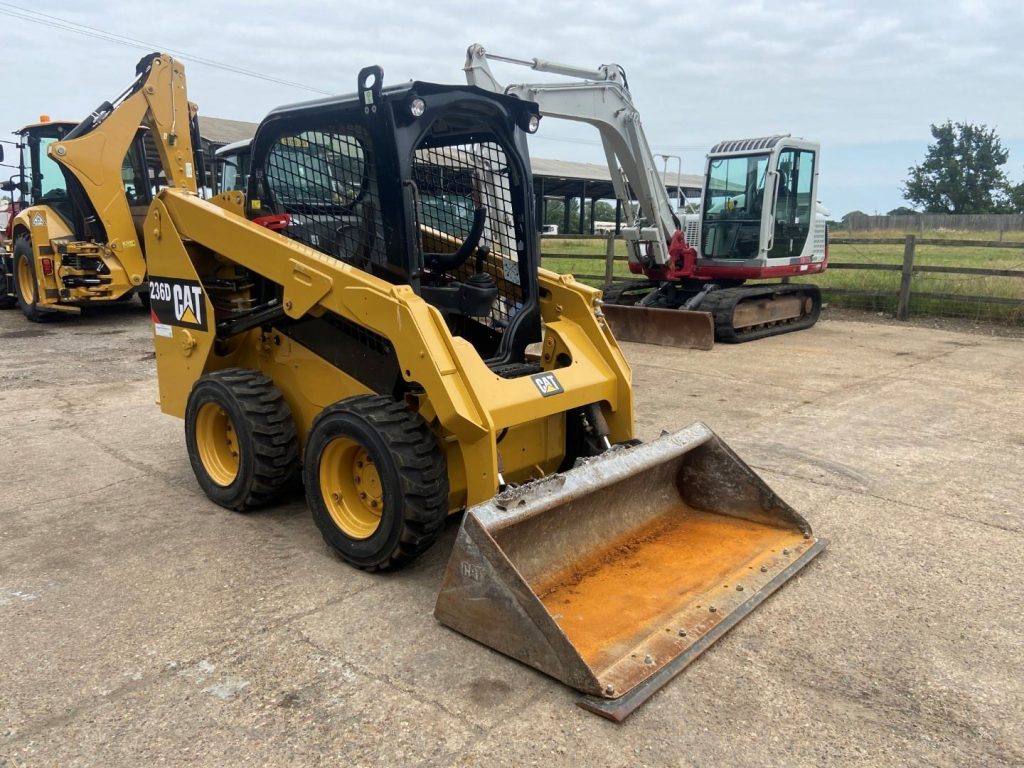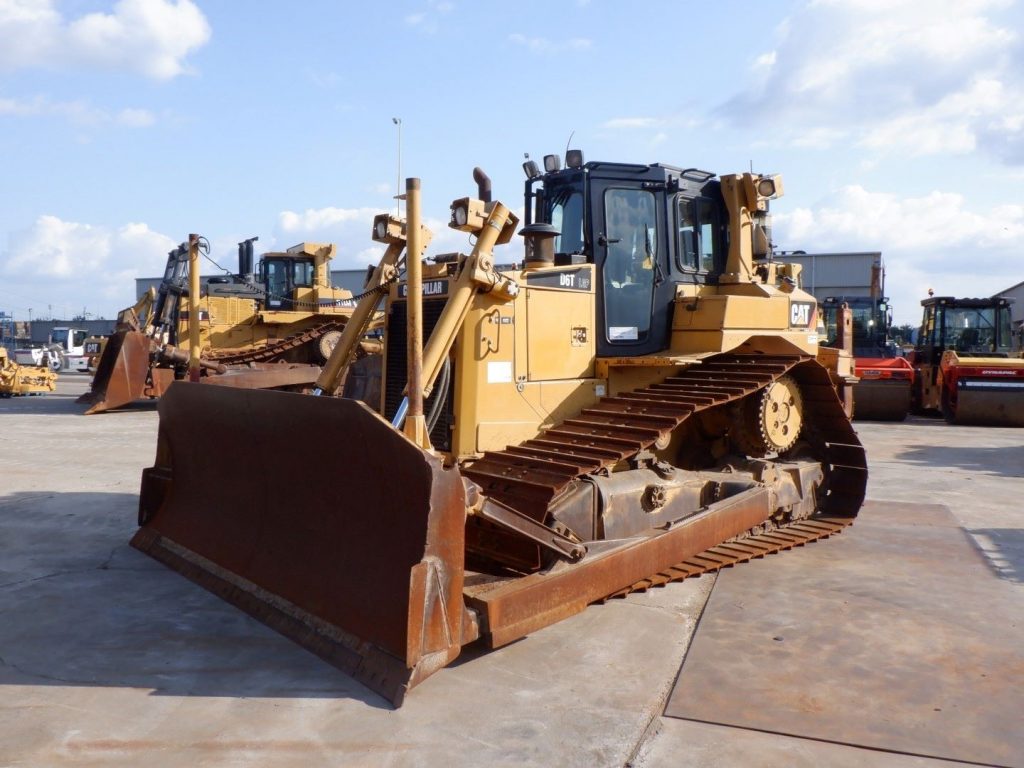Is it a good idea to search internationally for used heavy machinery or should I stay national?
Searching internationally for used heavy machinery can be a good idea in certain circumstances, but it also comes with its own set of challenges and considerations. Whether you should look internationally or stay within your own country depends on various factors:
- Availability and Demand: The availability of specific types of heavy machinery and their demand can vary from one region to another. If you’re looking for a particular piece of equipment that is more commonly available or in better condition in another country, it might make sense to explore international options. On www.used-equipment.de you will find a nice selection of used machinery portals.
- Cost: International purchases can sometimes offer cost advantages, especially if you’re buying from a region with lower equipment prices. However, you must also factor in additional costs such as shipping, import duties, taxes, and currency exchange rates, which can significantly impact the overall cost.
- Quality and Inspection: Inspecting and verifying the condition of used machinery can be more challenging when buying internationally. You may need to rely on third-party inspection services or trust the seller’s documentation. This can be a risk, so it’s essential to do thorough research on the seller’s reputation and the condition of the equipment.
- Regulations and Standards: Different countries have varying regulations and standards for heavy machinery. Make sure the equipment you’re considering complies with your country’s safety and emissions regulations, or be prepared for potential modifications and compliance costs.
- Support and Maintenance: Consider the availability of spare parts and local service and maintenance providers for the machinery you plan to purchase. If you buy internationally, ensure you have access to the necessary support infrastructure.
- Language and Communication: Effective communication with sellers, negotiation, and understanding the terms and conditions can be more challenging when dealing with international sellers. Language barriers and time zone differences can complicate the process. The team of Mevas could help with this issue internationally.
- Transportation and Logistics: Shipping heavy machinery internationally can be complex and expensive. You’ll need to arrange for transportation, deal with customs clearance, and factor in shipping time, which can delay your project.
- Payment and Currency: Be aware of currency exchange rates and payment methods when dealing with international sellers. Ensure secure payment methods and consider currency fluctuations.
- Warranty and Returns: Understand the warranty and return policies of the seller. International purchases may make it more challenging to exercise warranty rights or return equipment if necessary. By the way, used heavy machinery is in most cases sold without any warranty.
- Trade Agreements: Check if your country has trade agreements or tariffs in place with the country you plan to purchase from, as this can impact the import costs.
- Safety advise: Carefully check all related info about the seller. Be sure, equipment and trader are real and not a scam.



In summary, whether it’s a good idea to search internationally for used heavy machinery depends on your specific needs, budget, and risk tolerance. Conduct thorough research, consider all associated costs, and work with reputable sellers and intermediaries who can help navigate the complexities of international trade. Additionally, consider consulting with experts in international trade or logistics to ensure a smooth and cost-effective purchasing process.

